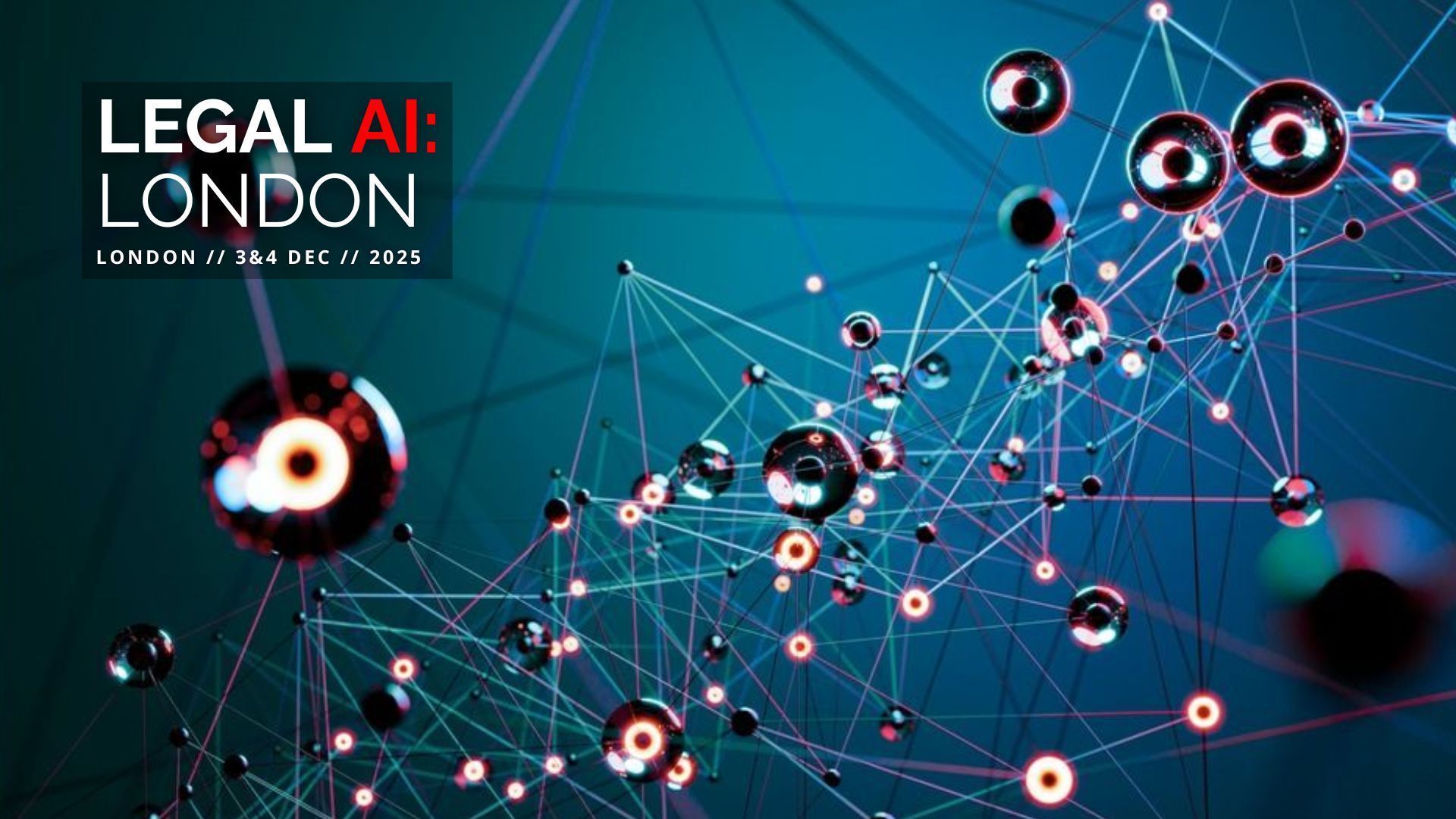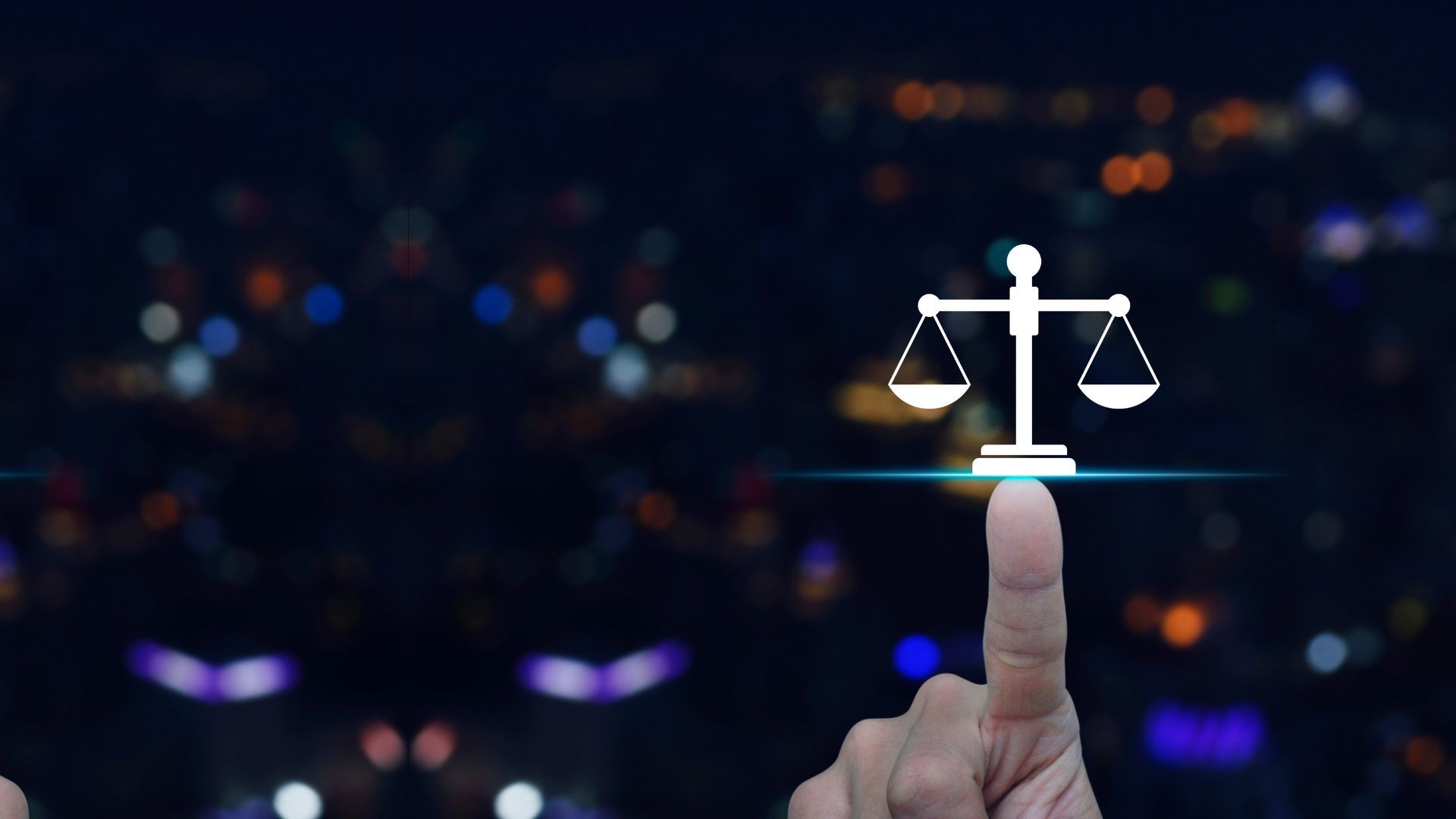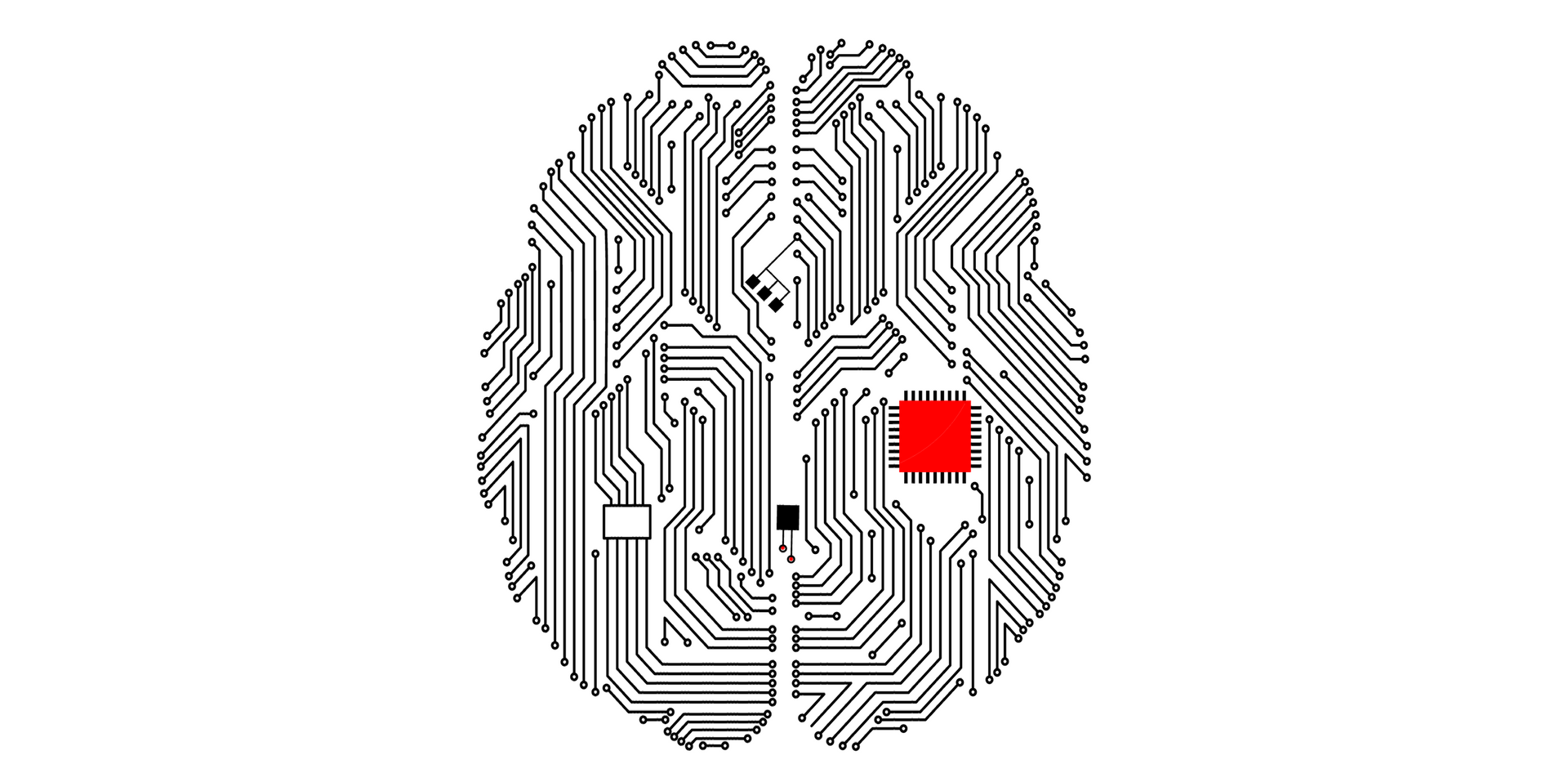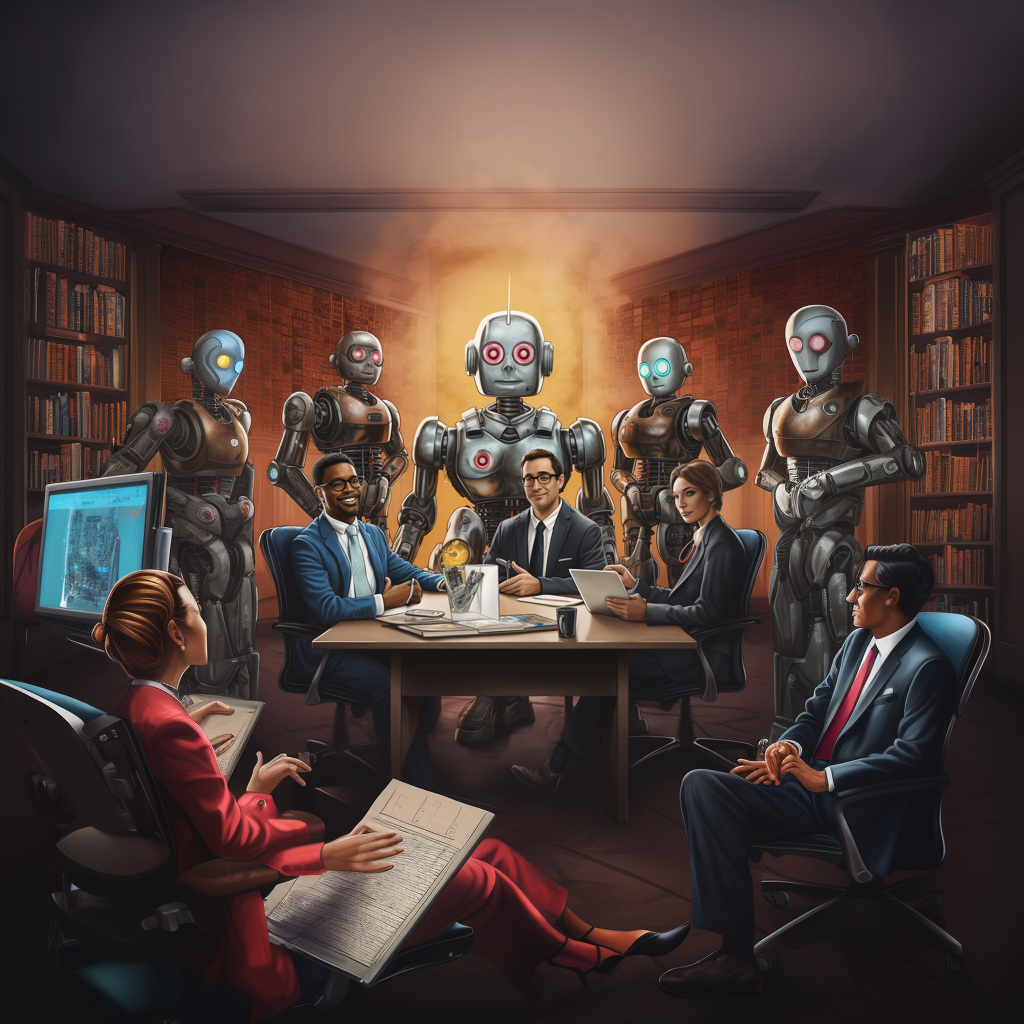New report on ChatGPT & generative AI in law firms shows opportunities abound, even as concerns persist
A new report discusses the evolving attitudes towards the use of generative AI and ChatGPT within law firms, surveying lawyers about the opportunities and potential risks
It didn’t take long after OpenAI released its ChatGPT prototype for public use — shedding light on the myriad abilities that its underlying technology, generative artificial intelligence (AI), possessed — that many lawyers and legal industry experts became keenly aware of what these tools could mean for the profession and for law firms in particular.
Not surprisingly, strong opinions arose, not only about the potential sea-change in the delivery, pricing, and execution of legal services that the wider use of generative AI could bring, but also about the unknown risks that such usage could pose.
In fact, a recent survey of law firm lawyers illustrated this dichotomy well — a large majority (82%) of those surveyed said they believe that ChatGPT and generative AI can be readily applied to legal work; and a slightly smaller majority (51%) said that ChatGPT and generative AI should be applied to legal work.

